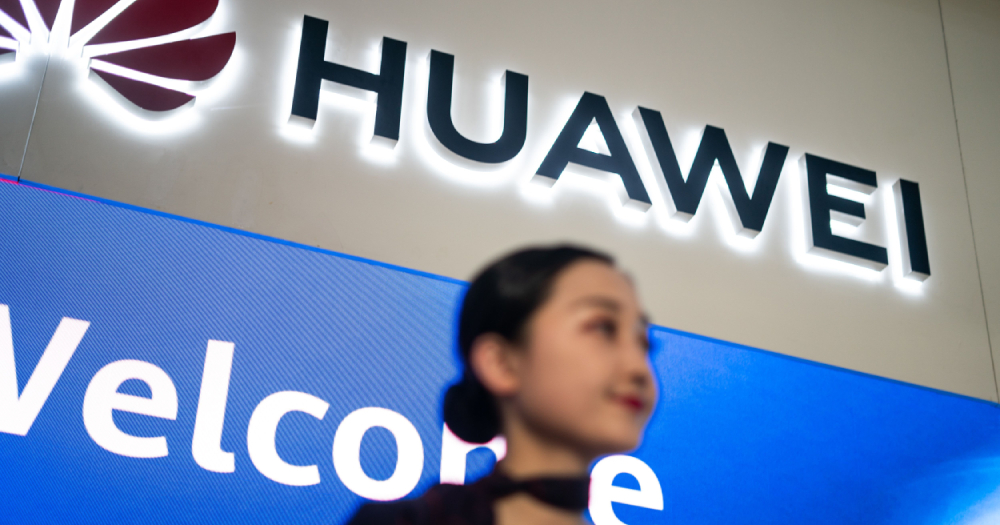United States President Donald Trump signed an executive order on Wednesday, May 15, banning the buying or using of technology that poses a "national security" risk.
A statement released by The White House said the Trump administration will "do what it takes... to protect America from foreign adversaries who are actively and increasingly creating and exploiting vulnerabilities in information and communications technology infrastructure and services in the U.S."
In addition, the order declared a national emergency in response to the threat.
The executive order comes at a time of heightened tensions between the U.S. and China, following the latest round of tit-for-tat tariffs announced by both sides that ended a five-month long truce.
Order affects Huawei
Although the order did not name any country or company, it was widely understood that Chinese telecommunications company Huawei is targeted.
Republican senator Marco Rubio had previously praised Trump's order in a press release, calling Huawei a "state-directed instrument of national power used by the Chinese government and Communist Party to destroy their international competitors, undermine U.S. companies, spy on foreign countries, and steal intellectual property".
In addition, the U.S. Commerce Department followed up shortly by adding Huawei and 70 affiliates to its "Entity List".
The move would ban those on the list from buying parts and components from American companies without the approval of the U.S. government.
The decision would also make it difficult for Huawei to sell some of its products due to its reliance on American suppliers.
Beijing claimed the U.S. is smearing "certain Chinese companies"
While there was no immediate response from China on the executive order, China's Ministry of Foreign Affairs spokesperson Geng Shuang, made a pointed comment earlier this week at a press briefing following a Reuters report that said Trump was due to sign the executive order within the week.
According to South China Morning Post (SCMP), Geng said the U.S. is "abusing its power to maliciously smear and beat down on certain Chinese companies":
"We urge the U.S. to stop using the pretense of national security to carry out its unreasonable suppression of Chinese companies, and to provide a fair and just environment for Chinese companies investing and operating normally in the U.S. that is free of prejudice."
Huawei founder rejects allegations of spying
With regards to accusations from the U.S. government that technology developed by Huawei could be used by the Chinese government for spying, Huawei's founder, Ren Zhengfei, has denied the allegations in an interview back in February.
He said Huawei "never" participates in espionage and the company does not allow any of its employees to do anything like that".
"And we absolutely never install backdoors. Even if we were required by Chinese law, we would firmly reject that," he said.
Ren's daughter, Huawei Chief Financial Officer Meng Wenzhou, is still under house arrest in Canada after being detained in December 2018.
She faces extradition to the U.S. on charges of conspiracy to defraud multiple financial institutions, Reuters reported.
Top image via Fred Dufour/AFP/Getty Images
If you like what you read, follow us on Facebook, Instagram, Twitter and Telegram to get the latest updates.
